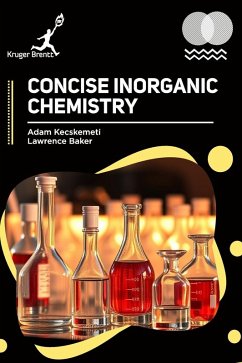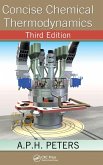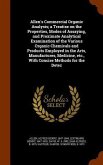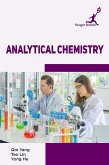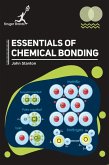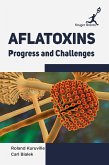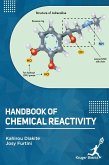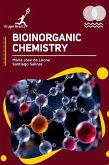Foundations of Atomic Structure and Bonding: Provide a thorough overview of atomic structure, electron configurations, and the principles of bonding, including ionic, covalent, and metallic bonds. Discuss periodic trends, molecular orbital theory, and the role of atomic structure in determining chemical properties. Periodic Table and Element Properties: Explore the periodic table in detail, covering the properties and trends of groups and periods. Discuss the chemistry of each element group, including alkali metals, transition metals, halogens, and noble gases, with a focus on their unique behaviors and reactivity. Inorganic Compounds and Complexes: Examine various types of inorganic compounds, such as coordination complexes, organometallic compounds, and main group compounds. Discuss bonding theories relevant to coordination chemistry, including crystal field theory and ligand field theory. Reactivity and Mechanisms in Inorganic Chemistry: Explore the mechanisms of inorganic reactions, including substitution, oxidation-reduction, and acid-base reactions. Discuss kinetic and thrmodynamic factors affecting reactivity, as well as catalytic processes relevant to industrial chemistry. Applications and Real-World Relevance: Address the applications of inorganic chemistry in various fields, such as materials science, environmental chemistry, and bioinorganic chemistry. Discuss the role of inorganic compounds in catalysis, medicine, and sustainable energy solutions.
Bitte wählen Sie Ihr Anliegen aus.
Rechnungen
Retourenschein anfordern
Bestellstatus
Storno

